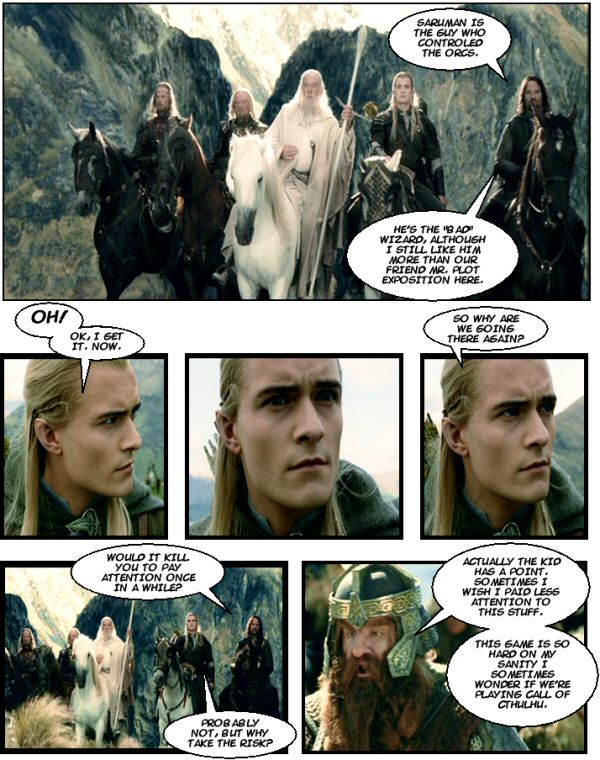Mustrum_Ridcully
Legend
It's there because you can base their change on something. You know that there exists a kind of "mechanic" for a quest. It invites you to structure the DM's and the group's play in a way that is easy to remember. Once you've defined a quest, it exists as a ready concept that can be referred back. A quest card would even go further and provide you a tangible object that you can refer too, instead of a scribbled note on the border of your adventure print out. It serves as the DM's reminder "oh, the player's didn't do X, as expected, but they are now going for Y which I wasn't really prepared for, I might need to put some work in that for the next session." or the player's reminder "Hmm, X will probably not work out hot, but Y sounds interesting. Let's keep a look out if we find more clues/allies/items for Y."Imaro said:Soo...what was the point of "quests" again iif I'm changing everything on the fly?
And the fun is that you might notice a "hidden quest" - something that did only appear due to the specific dynamic of the game. Having it written down as a quest means you won't forget it and can increase the chance you will revisit the idea before the party has moved on too far.
These information always existed somewhere, but their accessibility wasn't always there, and sometimes people just forget things about the game. Because it is one game of many they play in, or because real life took hold of their mind instead of the game...




